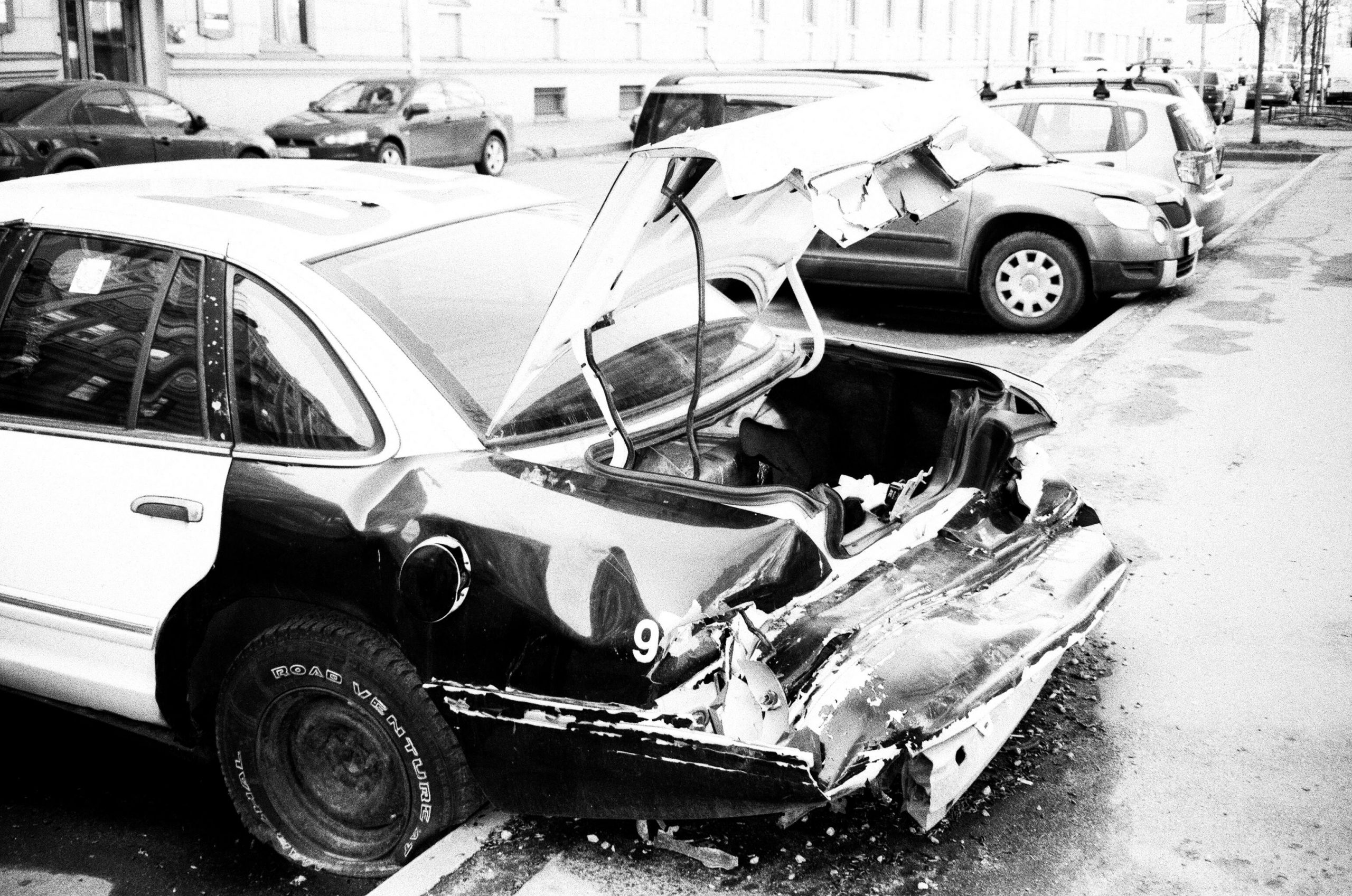For motor insurers and Plaintiff’s alike, diminution in value of a motor vehicle following a road traffic collision is a fairly common issue. When a car is involved in an accident, it may suffer both physical damage and a reduction in its value. This can lead to disagreement over how much compensation should be paid. The key principle that arises in such cases is restitution ad integrum, a Latin phrase that refers to restoring the Plaintiff to their original position before the damage occurred.
What Is Diminution in Value After a Crash?
Diminution in value is the reduction in a vehicle’s market value after an accident, even if the car is repaired to its pre-accident condition. This can be particularly significant when a vehicle, once repaired, is worth less than it was before the accident due to its accident history. The Diminution will occur at the time the accident damage but often one won’t feel the loss until the vehicle is sold. How can one properly assess and compensate for this apparent decrease in value that wouldn’t be felt until the vehicle is sold? While the damage might be physically repaired to a high standard, the vehicle’s resale value may never fully recover.
As noted in Coles v Hetherton [2013] EWCA Civ 1704, the cost of repairs and depreciation are both evidentiary mechanisms to quantify a single head of loss—diminution in value.
Restitution Ad Integrum and its Application in Car Accident Claims
The principle of restitution ad integrum is central to car accident claims, particularly in cases involving diminution in value. The phrase translates to “restoration to the original condition,” meaning that the goal is to return the injured party to the position they were in before the damage, as much as possible. In the context of car accidents, this could involve either repairing the vehicle or compensating the owner for the loss in market value due to the accident.
However, achieving restitution ad integrum is not always an exact science. The principle assumes that the car’s pre-accident condition can be restored or compensated for. But in reality, various factors complicate this ideal. A key example can be found in older vehicles or those with high mileage.
Case Law: Payton v. Brooks (1974) and Coles v Heatherton (2013)
Payton –v– Brooks (1974) was heard in the Court of Appeal, and it set out that a claim can be brought for Diminution due to the need for a vehicle to have repair work done after an accident.
The logic being that if the overall cost of the vehicle repairs does not cover the financial loss to the owner, according to Payton v Brooks, ‘there is no reason why the plaintiff should be deprived of recovery under [diminution] also.’”
On a similar note, Coles –v– Hetherton (2013) recognised that financial loss to a vehicle owner is realised upon damage to the vehicle. This loss is not just from the cost of the repairs, it is Diminution.
Covering the price of repairs to reinstate the vehicle to its original condition is merely a contribution towards the Diminution. The Courts could award a sum of compensation exceeding the cost of the vehicle repairs if it deemed to be justified.
However, it also established that each case should be assessed individually, considering various factors such as the car’s age, mileage, and condition before the accident.
A Case-by-Case Assessment of Restitution Ad Integrum
Insurers have seen an increase in the number of Diminution claims in NI and ROI. Many Plaintiffs would argue that it is ‘inevitable’ that the value of a vehicle would depreciate because of a road traffic accident. Insurers and Defendant Lawyers will often be referred to a standard 5%-20% deduction as a result of a road traffic collision. In ROI a figure is often quoted of 10% of the total cost of repairs.
For Insurers, it’s important to note that the process of determining diminution in value is case-specific. The assessment of restitution ad integrum is not a one-size-fits-all solution. Insurers must evaluate each situation individually to ensure that the Plaintiff is properly compensated and not over-compensated.
Our office was recently instructed by one of our Irish Insurers to advise on a depreciation claim where their in-house assessors opined that the value of the damaged vehicle would not be affected due to minimal damage and the fact that all parts fitted were bolt on. They advised that Depreciation would usually only be considered when structural or semi structural repairs are being carried out and the file was passed to us to defend the proceedings once issued.
This was, we explained, not quite the correct approach and we took immediate steps to advise on a fair settlement of the case to avoid any ensuing legal costs.
Justin McCauley of Emerald Automotive Assessors is a qualified Motor Engineer having achieved his qualifications from the IAEA and IMI and has worked in the insurance industry for 16 years.
We approached him for the purpose of this article and he had this to say;
“An often quoted argument is that “if two vehicles have similar mileage, age, model, make etc and are otherwise identical save that one was involved in a road traffic collision, any potential buyer would opt for the one without the adverse history. Notwithstanding that high quality repairs were carried out.”
This is not strictly true.
Of course, now more than ever the used car market is highly competitive, where buyers are often hesitant to purchase a car with a history of accidents, even if fully repaired, leading to a larger price difference between pre-accident and post-repair values.
There is undoubtedly an increase in depreciation claims where many modern vehicles have sophisticated technology, and so Plaintiffs will argue that even minor accidents can sometimes require extensive repairs, impacting the perceived value of the car.
A number of factors however can have an impact on the amount that a vehicle will have been reduced by.
- type of vehicle,
- its age,
- mileage,
- who repaired it and did they adhere to manufacturer methods
- has repairs invalidated the vehicle’s warranty
- What was the quality of repairs post repair
- pre-accident condition,
- the severity of damage sustained or
- any other special attributes and qualities
There is no one size fits all. This growing trend of 10% of the repair costs is incorrect. Similarly, it is incorrect to say that it is always 2.5% -15%. It is incorrect to say that a vehicle over four years old will not qualify. It is fact specific and input from a qualified Motor Assessor is key.
Expert Evidence in Diminution Claims
Insurers should understand that the application of restitution ad integrum in car accident claims is not straightforward and varies based on the specifics of the case. Undoubtedly, as demonstrated in Payton v. Brooks, a Plaintiff should be compensated for any diminution in the value of their vehicle due to an accident, but the existence and extent of diminution is not straightforward.
To navigate these complex issues, it is vital to appoint a suitably qualified motor assessor to assess any diminution claim.
The motor assessor can consider the condition of the vehicle and the extent of the damage having regard to all the necessary factors. By understanding the intricacies of the law and the unique circumstances of the case, insurers can properly assess any claim for diminution and ensure fair settlement as early as possible.










